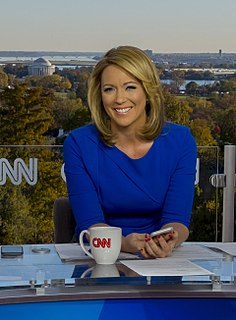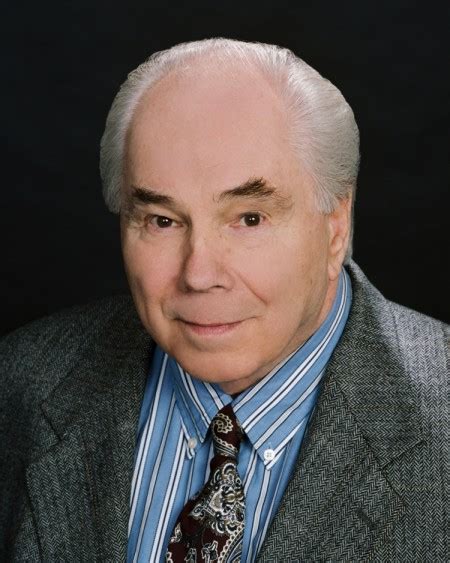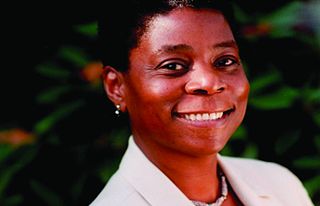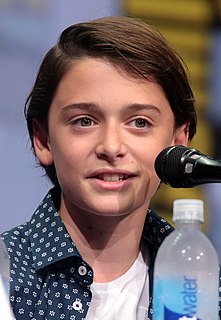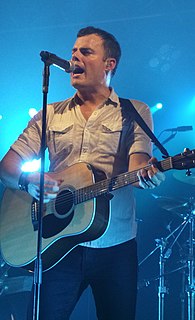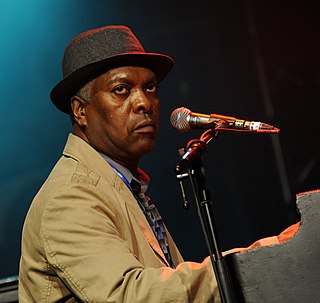A Quote by Brooke Baldwin
It's important to stay a human, to be a journalist, to be a human covering the stories and trying as best as I can to put myself in their shoes, to be respectful, to just listen.
Quote Topics
Related Quotes
And people who believe in God think God has put human beings on earth because they think human beings are the best animal, but human beings are just an animal and they will evolve into another animal, and that animal will be cleverer and it will put human beings into a zoo, like we put chimpanzees and gorillas into a zoo. Or human beings will all catch a disease and die out or they will make too much pollution and kill themselves, and then there will only be insects in the world and they will be the best animal.
Yet again, an ancient answer echoes across the centuries: Listen! Listen to stories! For what stories do, above all else, is hold up a mirror so that we can see ourselves. Stories are mirrors of human be-ing, reflecting back our very essence. In a story, we come to know precisely the both/and, mixed-upped-ness of our very being. In the mirror of another's story, we can discover our tragedy and our comedy-and therefore our very human-ness, the ambiguity and incongruity, that lie at the core of the human condition.
Crankiness is a human attribute that, when people walk in the door of Xerox, they remain human. The best way to get the best out of people is to not force them to be something other than they naturally are. Now what do they have to be? They have to be respectful. You can't be ridiculously disrespectful.
Crankiness is a human attribute that when people walk in the door of Xerox, they remain human. The best way to get the best out of people is to not force them to be something other than they naturally are. Now what do they have to be? They have to be respectful. You can't be ridiculously disrespectful.
As human beings, we aren't as individual as we'd like to believe we are. And I think that's what makes acting possible. Despite the fact that I have not experienced something, I have it in my human capacity to imagine it and to put myself in someone else's shoes, and to take someone else's circumstances personally.
I don't think there's one right way to do anything. There's no one best way to be a woman. There's no best way to be a mentor. I'm just trying to be me and be authentic and live my truth and be as inclusive and interested in other human beings as possible. I'm an actor by training, which means that I study human beings and human behavior. That's what I try to do and what I love to do.
It's always different for whatever the scene asks for but usually, I listen to music before the scene just to get into the mood, mellow myself out and really put myself into the character's shoes. I zone out from everything going on around me and just focus on what I have to do. From there, I just let it happen.
I'm not trying to explain other cultures, or to give a fair and balanced account of a country, or the top ten things you need to know. I'm not trying to spread world peace and understanding. I'm not an advocate or an activist or an educator or a journalist. I'm out there trying to tell stories the best I can.
